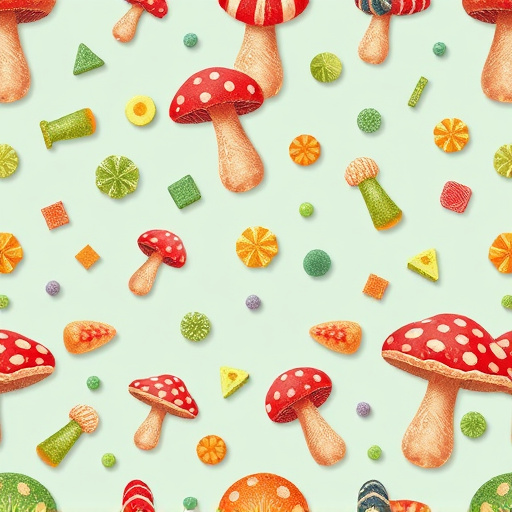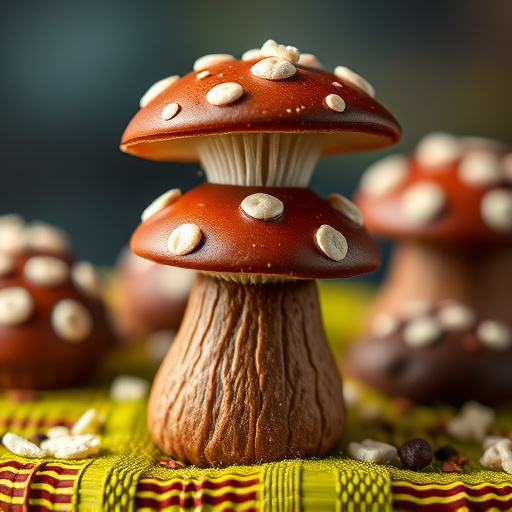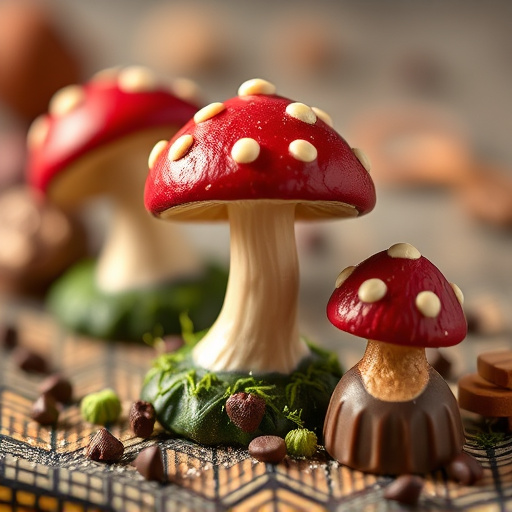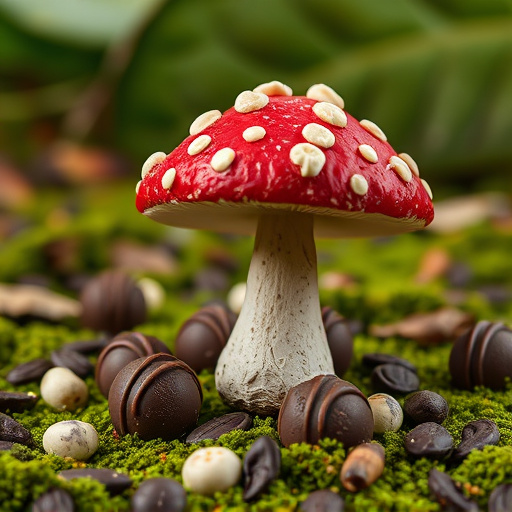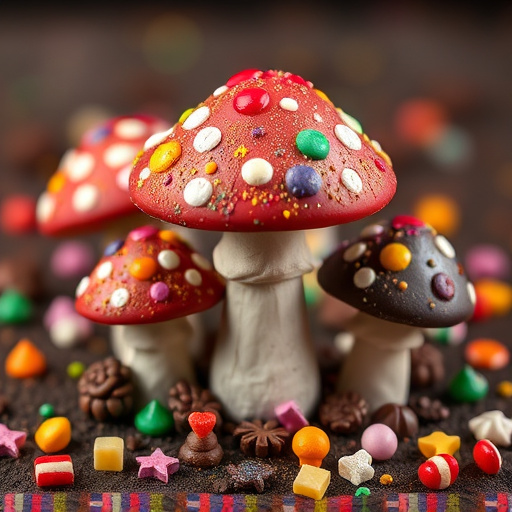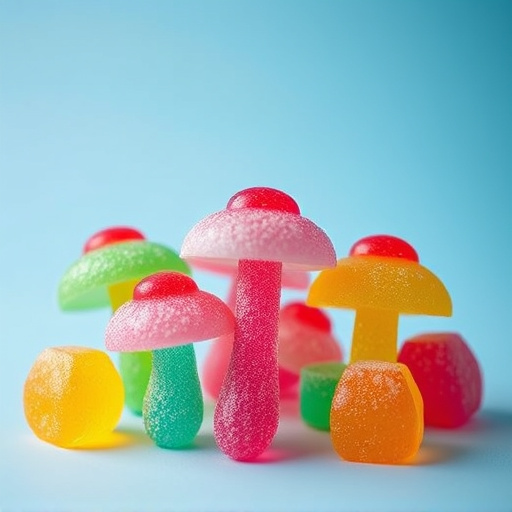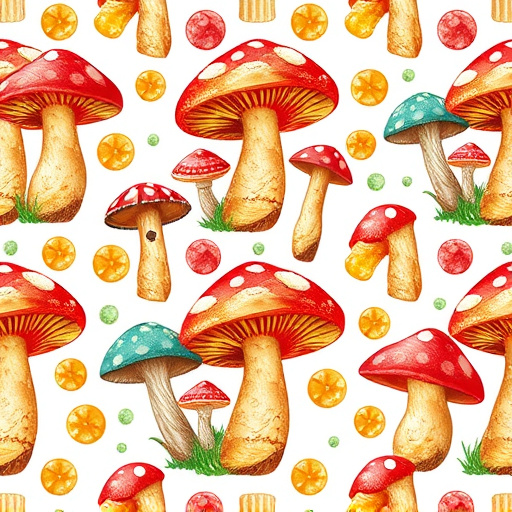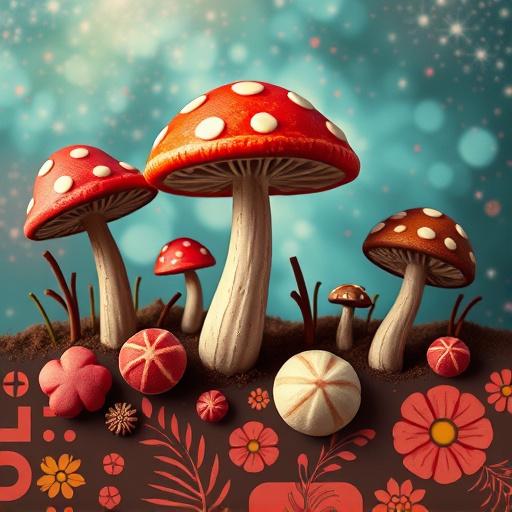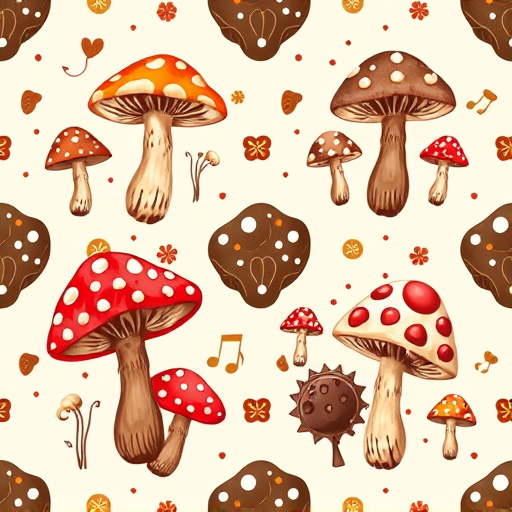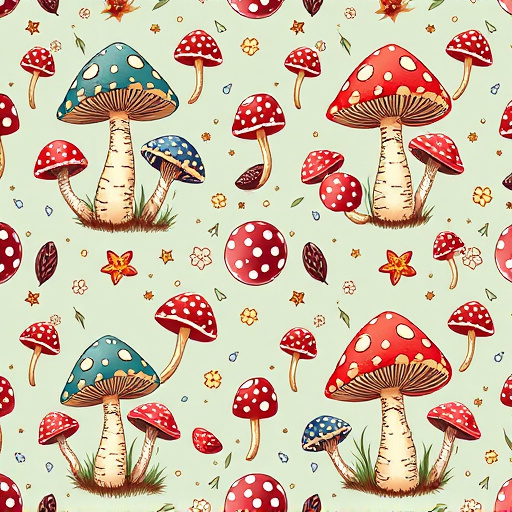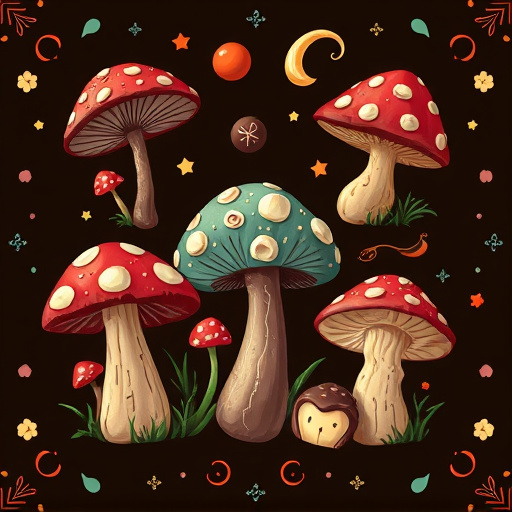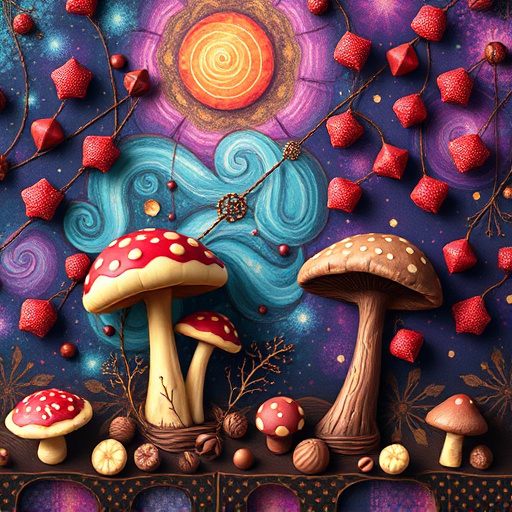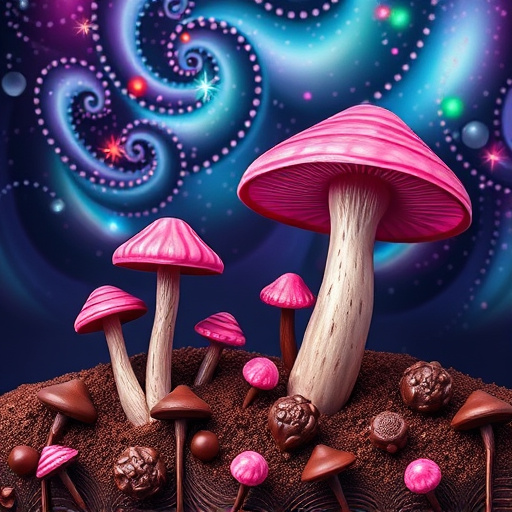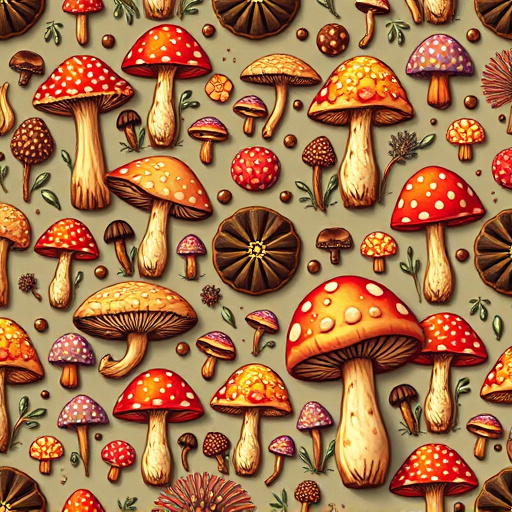Magic mushroom chocolates, enriched with psilocybin and psilocin, offer a novel therapeutic approach by enhancing brain plasticity through serotonin receptor interactions. Recent research highlights their potential in treating mood disorders, anxiety, and cognitive issues, as these compounds facilitate neural connection restructuring and neurogenesis. This modern application of traditional mystical practices opens doors to innovative therapy options, combining ancient knowledge with contemporary neuroscience for improved mental health treatments.
Discover the profound effects of Magic Mushroom Chocolates on brain plasticity, cognitive function, and perception. From enhancing creativity and altering time’s flow to potential therapeutic uses for anxiety, depression, and PTSD—this ancient substance is making headlines in modern psychology. However, navigating their consumption requires understanding risks, contraindications, and responsible practices for a safe, positive experience. Uncover the science behind psilocybin’s interaction with serotonin receptors and explore why these chocolates are more than just a buzzword.
- Understanding Magic Mushrooms and Their Effects on the Brain
- – A brief overview of psilocybin mushrooms and their active compounds
- – The history of their use and recent scientific interest in brain plasticity
Understanding Magic Mushrooms and Their Effects on the Brain
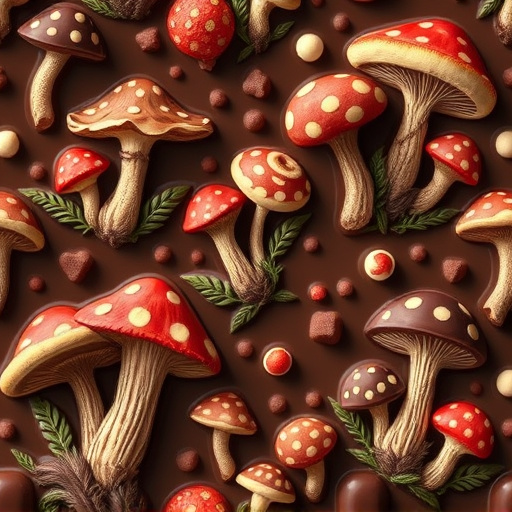
Magic mushrooms, or psilocybin-containing fungi, have long been associated with altered states of consciousness and mystical experiences. Beyond their recreational use, scientists are increasingly interested in their potential therapeutic benefits, particularly for mental health conditions like depression and anxiety. The effects of magic mushrooms on the brain are complex, involving interactions with various neurotransmitter systems. Psilocybin, the primary psychoactive compound, is converted into psilocin, which binds to serotonin receptors, notably 5-HT2A receptors in the brain.
This interaction leads to changes in perception, mood, and cognition. One intriguing aspect of magic mushroom chocolates is their ability to enhance brain plasticity—the brain’s capacity to adapt and reorganize itself. Research suggests that psilocybin can facilitate neural connections and promote neurogenesis (formation of new neurons), which could have implications for learning, memory, and overall brain function. Understanding how these mushrooms interact with the brain offers a promising avenue for exploring novel therapeutic approaches, especially in combination with traditional treatments, to address various psychological and neurological disorders.
– A brief overview of psilocybin mushrooms and their active compounds
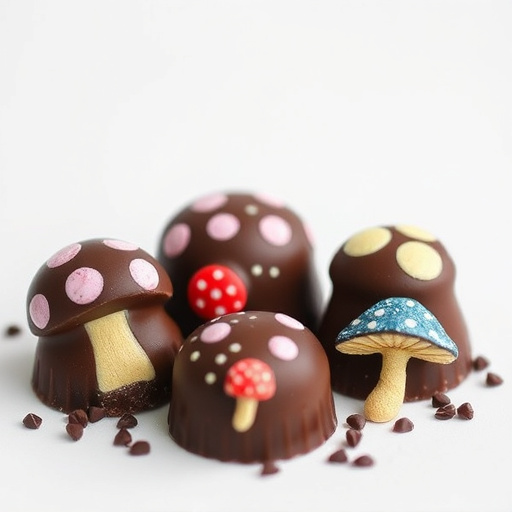
Psilocybin mushrooms, commonly known as “magic mushrooms,” have been a subject of interest in both recreational and therapeutic contexts for their unique effects on consciousness. These fungi contain psilocin and psilocybin, active compounds that interact with the brain’s serotonin receptors. When consumed, these compounds can induce altered states of perception, enhanced creativity, and profound existential experiences.
Recent studies have explored the potential benefits of magic mushroom chocolates in promoting brain plasticity. Brain plasticity refers to the brain’s ability to adapt, reorganize, and form new neural connections. The active compounds in psilocybin mushrooms have shown promise in enhancing neuroplasticity, potentially leading to improvements in mood disorders, anxiety, and even cognitive functions. Research suggests that controlled, therapeutic settings involving these compounds can facilitate meaningful personal insights and positive behavioral changes.
– The history of their use and recent scientific interest in brain plasticity
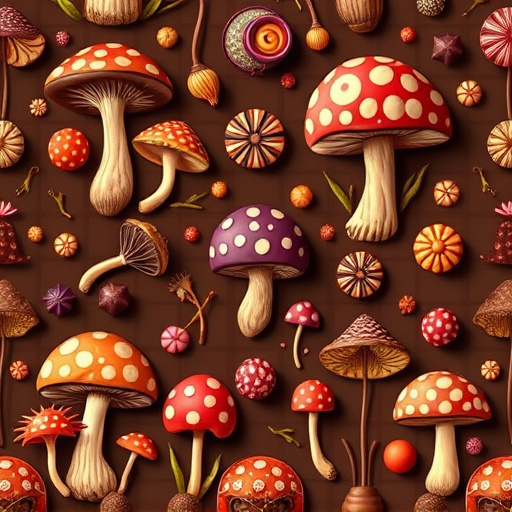
Magic mushroom chocolates, or psilocybin-infused treats, have a rich history dating back centuries in various cultures worldwide. Traditionally used for their perceived mystical and spiritual properties, these mushrooms have long been a subject of fascination. In recent times, however, scientific interest has shifted towards exploring their potential impact on brain plasticity—the brain’s ability to adapt and reorganize its neural connections.
This renewed interest stems from emerging research suggesting that psilocybin, the active compound in magic mushrooms, may stimulate neuroplasticity, leading to potential therapeutic benefits. Studies have indicated that controlled psilocybin experiences could facilitate learning, enhance creativity, and promote mental flexibility. As a result, modern researchers are delving into the possibilities of using magic mushroom chocolates as a novel approach to boost cognitive functions and even treat certain mental health conditions, further highlighting the fascinating intersection of ancient practices and contemporary neuroscience.
Magic mushroom chocolates, infused with psilocybin, offer a unique way to explore brain plasticity and enhance mental well-being. Recent scientific studies have shown promising results in treating depression, anxiety, and even addiction. As we continue to navigate the world of psychedelic research, it’s essential to remember that while these compounds hold potential therapeutic benefits, they should be approached with caution and under professional guidance. Understanding the effects on the brain can help us harness the power of magic mushrooms responsibly, potentially revolutionizing mental health treatments in the future.
